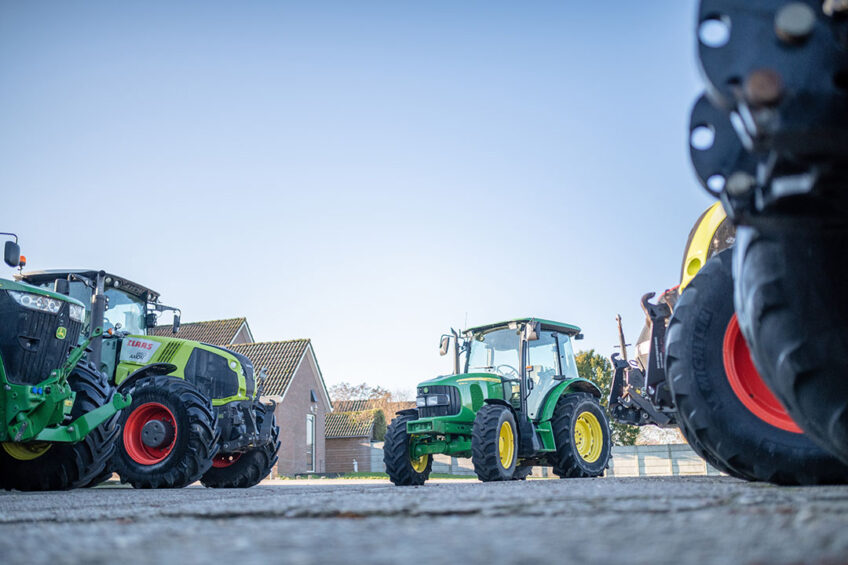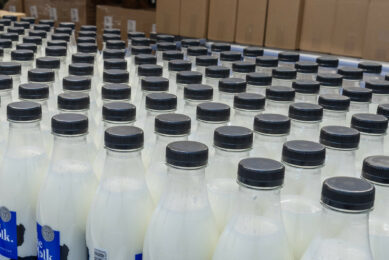What sparked New Zealand farmers to protest?

Earlier this month, thousands of farmers in New Zealand descended on dozens of towns and cities across the country on tractors, in a nationwide protest demanding the government loosen its environmental policies and climate change regulations which they said are hurting their businesses, reports Reuters.
Farmers drove tractors (16 July), bearing different placards with clear message against the regulations, from the outskirts of Auckland into the city centre, causing gridlock on the motorways. Elsewhere, a similar situation prevailed, with protesters in Whangarei taking over a sports field, while in Dunedin, a 5-kilometre-long convoy meandered through the city, bringing it to a standstill. The protest was organised by Groundswell NZ, a grassroots organisation made up of farmers, growers, contractors, and tradespeople, who say they are frustrated with the interference in private property rights, unworkable climate change policies and unfair costs.
Also read: Dutch nitrogen protests: A search for answers
The drive for policy amendments
The Guardian reports that New Zealand has introduced environmental regulations to tackle increasing problems with polluted and unswimmable waterways, catastrophic biodiversity loss, risky agricultural and industrial practices and international commitments to reducing carbon emissions. The report also stated that New Zealand is lagging on its climate action, with the 2021 Climate Change Performance Index rankings putting it in 28th place.

Demands from protesters
Reuters reports that protesters have asked the government to loosen new regulations on managing waterways and ease some Covid-19 border controls to allow more seasonal overseas workers into the country as the industry faces acute labour shortages. They want seasonal workers to be prioritised for managed isolation during the coronavirus pandemic and wants the government to stop categorising these workers as unskilled labour.
Groundswell NZ wants to see regulations on freshwater and indigenous biodiversity scrapped, preferring that efforts are controlled by local catchment groups, or councils. It is also demanding the scrapping of the Clean Car Package dubbed the “Ute tax” – a new government package subsidising cleaner electric cars while increasing fees on large petrol and diesel vehicles widely used by farmers and tradespeople.
“Farmers have got a lot of work to do and driving up the motorway in such mass is really representative of the gravity of what the farmers are feeling about these unworkable and unreasonable, and undemocratic regulations that they have just been forced upon us,” Scotty Bright, one of the organisers of the protest in Auckland, told state broadcaster 1NEWS.
Another protest organiser, Bryce McKenzie, told RNZ broadcaster that farmers accepted they needed to make changes but that a one-size-fits-all approach would not work.
Pressure on dairy sector may jeopardise the economy
Dairy farmers think the costly regulations coupled with Covid-19-related acute shortages of labour, could result in huge economic losses to the industry through reduced exports. According to DCANZ, New Zealand produces approximately 3% (21 billion litres) of the world milk production each year. And with a population of just 5 million, the country exports over 95% of the milk worldwide.
In August 2020, Reuters reported that New Zealand stocks registered their worst close in a month after the country reported its first set of coronavirus cases in 102 days. The New Zealand benchmark S&P/NZX 50 index fell 1.3% to 1,491.91 at the end of trade. Among stocks, dairy processor Synlait Milk fell 0.9%. In response, the Reserve Bank of New Zealand expanded its bond-buying programme and warned that policy rates might have to go below zero to revive its economy.
What does the government say?
In response to the protests, Prime Minister Jacinda Ardern, said the government had been working closely with farmers to address environmental challenges, but rejected the suggestion that there was a growing divide between rural and urban areas.
“We cannot stand still. If we want to make sure that on the world stage our exports continue to fetch a high price and are highly valued, we must make progress on the challenges New Zealand and the world is facing. We are committed to doing that alongside our farmers,” she told reporters.
“What I accept is we have national challenges. There is no question in my mind that our primary sector is critical to New Zealand. They’ve helped us through Covid, that doesn’t mean, unfortunately, the challenges to our environment are going away,” Ardern said.
Join 13,000+ subscribers
Subscribe to our newsletter to stay updated about all the need-to-know content in the dairy sector, two times a week.










